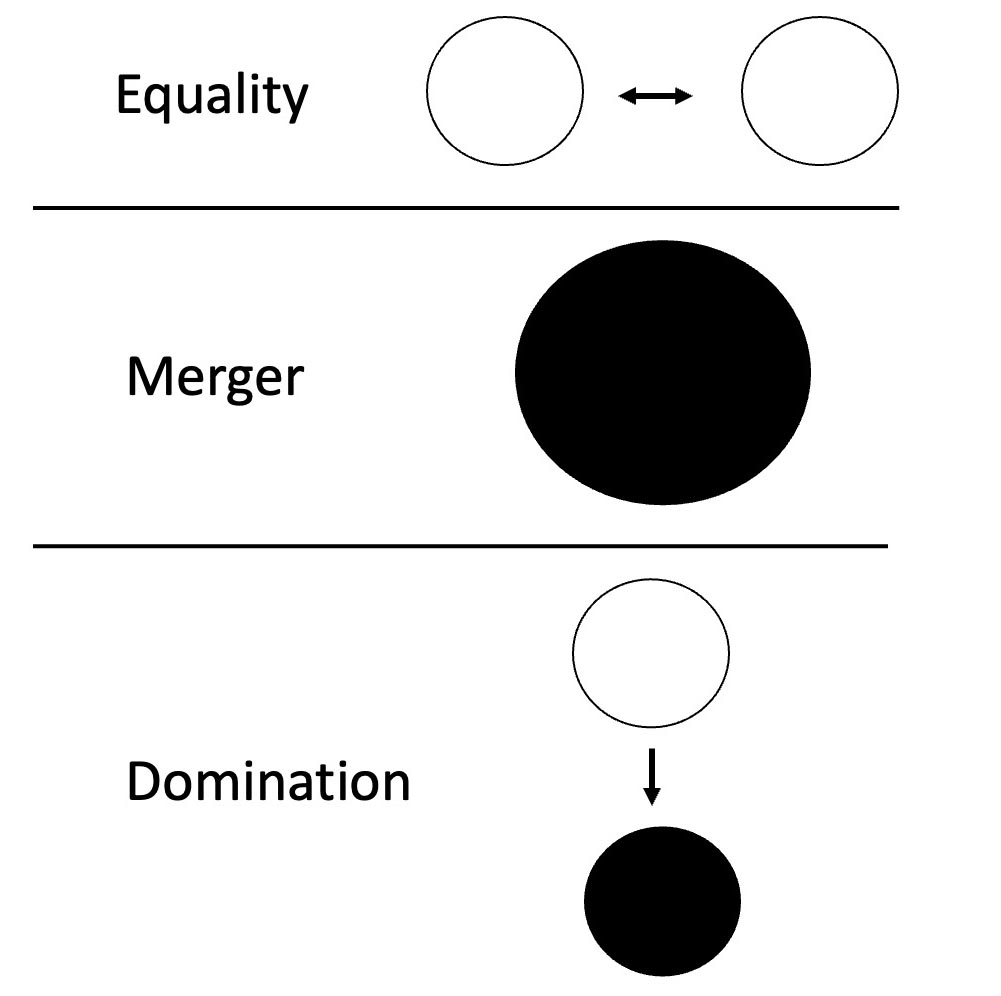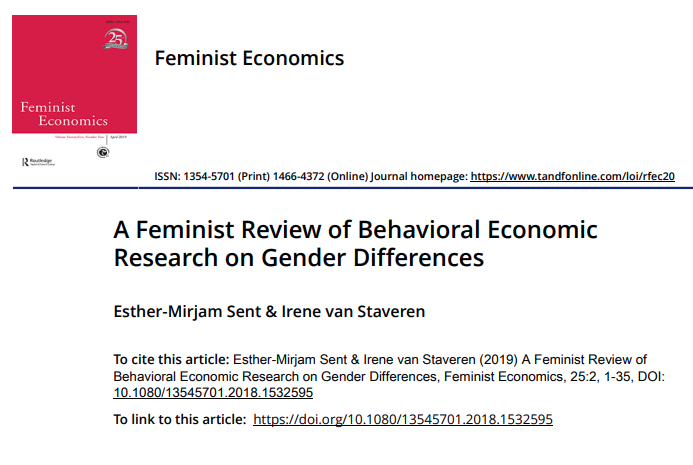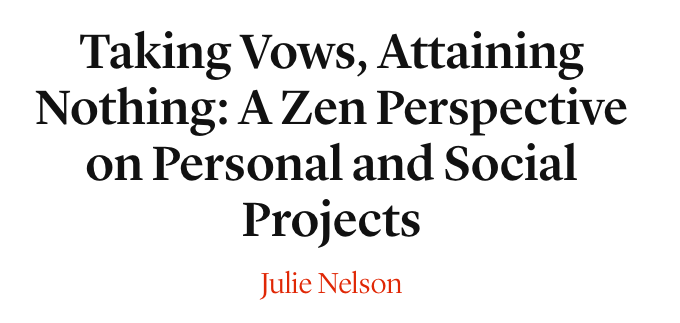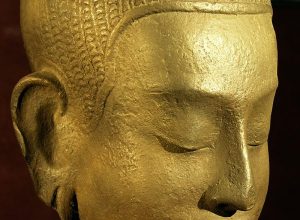Based on a talk given at Harvard Divinity School, sponsored by the Religions and the Practice of Peace Initiative, on Feb. 18, 2016.

MANY BUDDHISTS—as well as many non-Buddhists!—have raised concern and alarm about the climate crisis and other crises facing our society and our world. Clearly, we need to take urgent action. As Buddhists, we have a pressing moral obligation to do what we can to relieve the suffering of all beings on the planet, both now and in the future. Our hearts yearn to make things better.
And clearly much of the climate change disaster is caused by economic activity. If you graph carbon dioxide emissions and industrial output over a long period of time, the two graphs look pretty much identical. The development of large scale, fossil-fuel burning industries was accompanied, in Western societies, by the rise of large corporations, global markets, and a rising emphasis on consumption as a source of well-being. Great wealth has been created, but this wealth has been very unequally distributed, and has often come at the cost of environmental and social sustainability.
It’s abundantly clear that we can’t go on with “business as usual.” People and other sentient beings are already feeling the disruptive effects of a set of historical and social developments that, as a whole, have taken far too little account of the effects of our production and consumption on the rest of nature. We urgently need to change how our economies work.
But how? Continue reading “Beyond “Small is Beautiful”: Buddhism and the Economics of Climate Change”

 In their article “
In their article “ Tricycle.org has posted a set of four dharma talks of mine that they recorded, with this title. You can find the link at
Tricycle.org has posted a set of four dharma talks of mine that they recorded, with this title. You can find the link at
